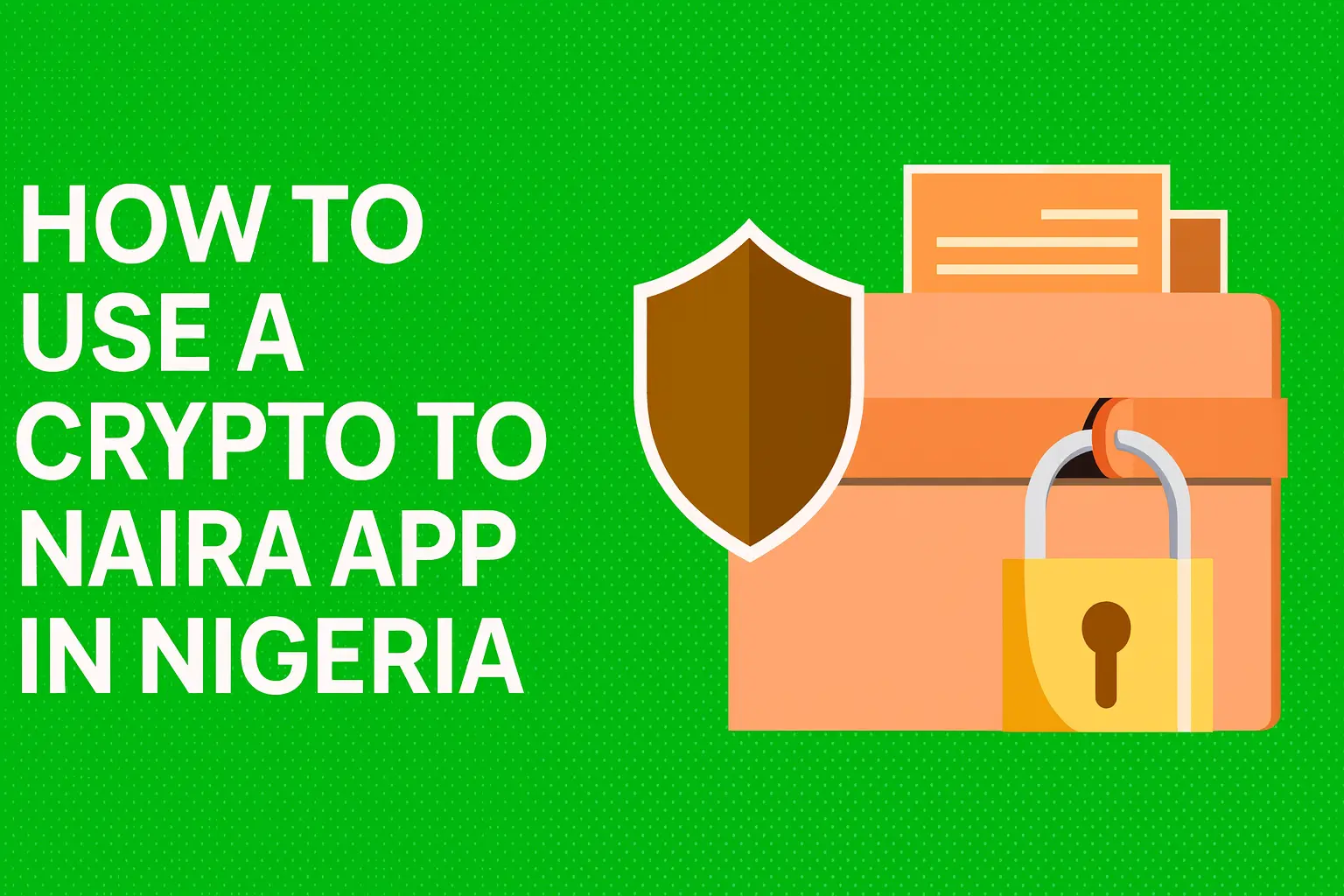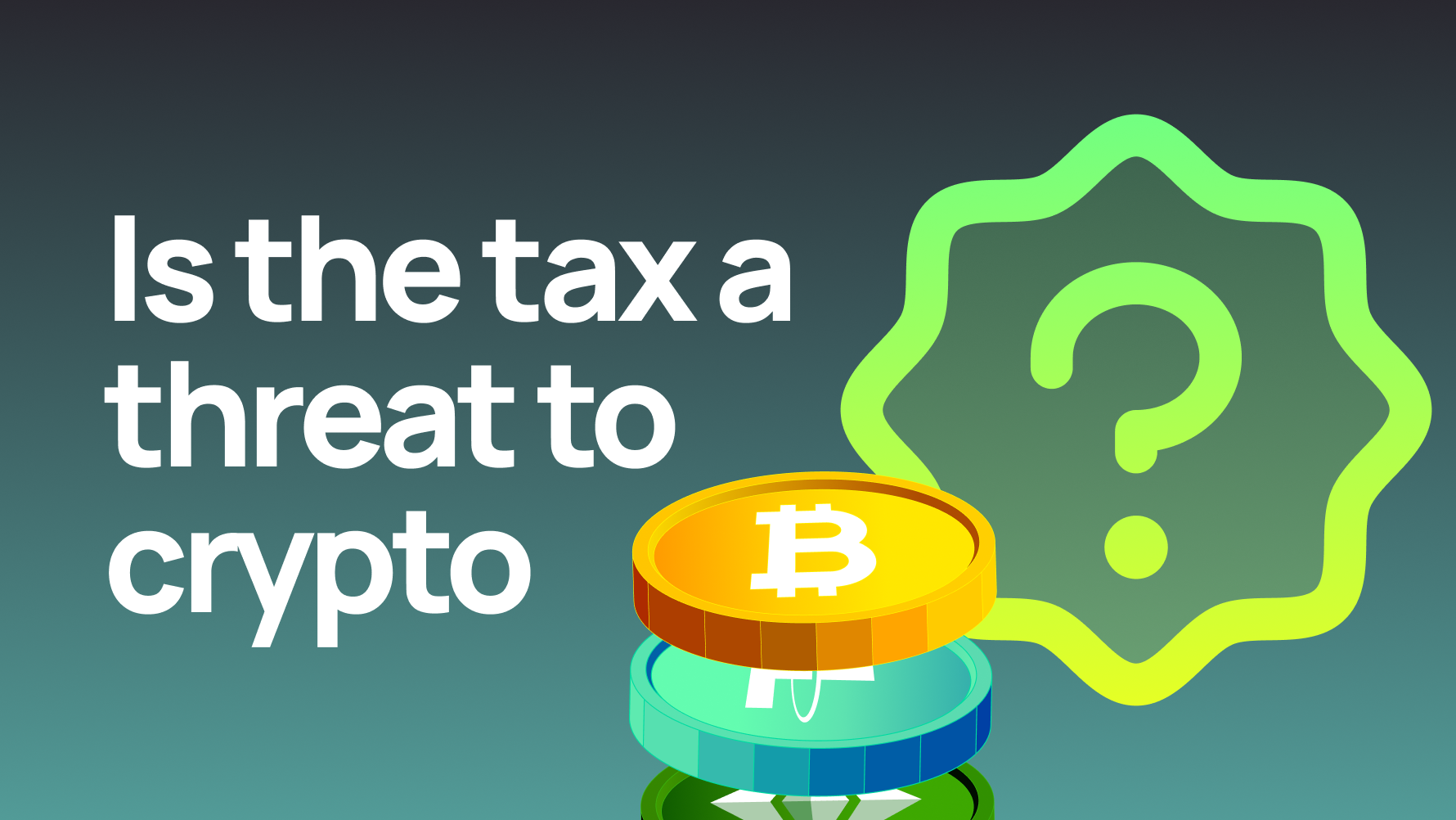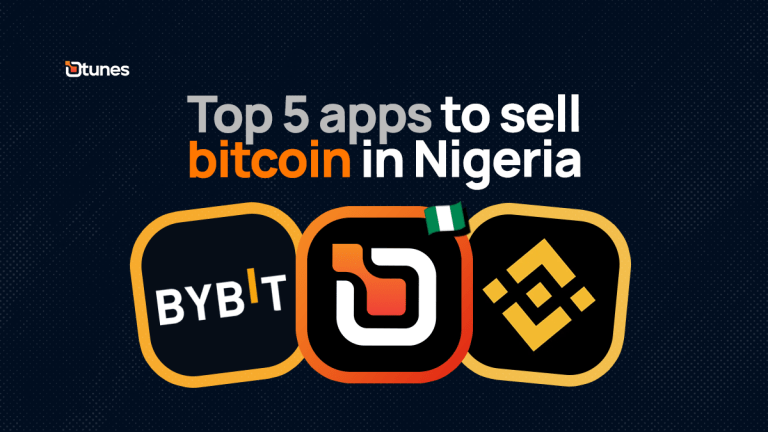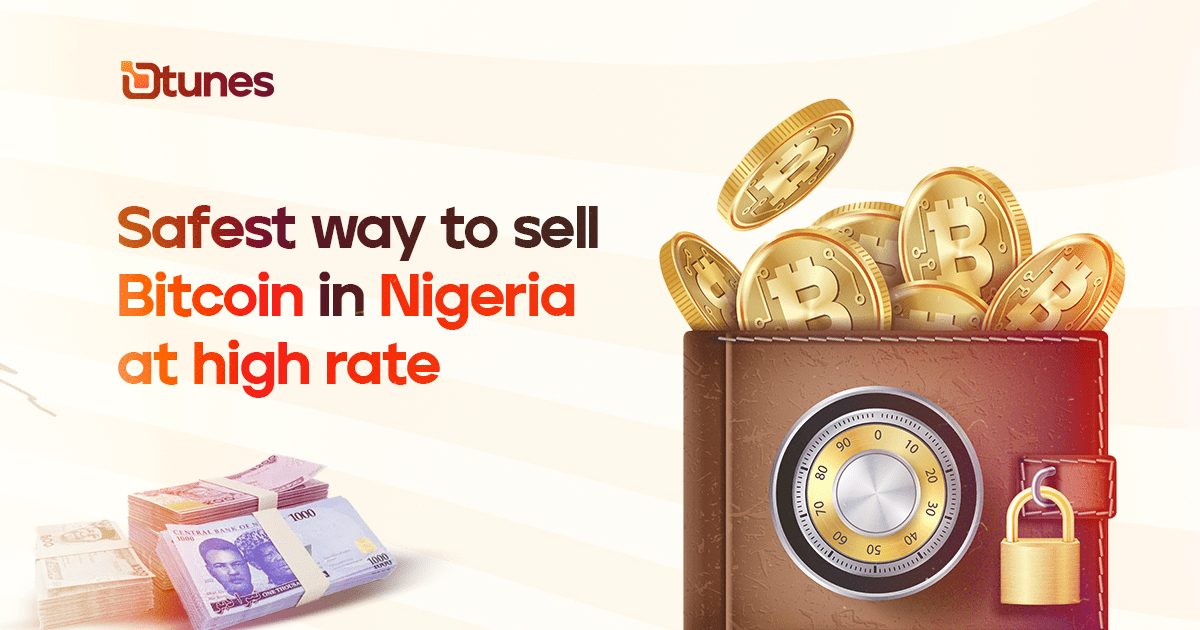
How to Use a Crypto to Naira App in Nigeria
If you’ve ever needed quick cash from your Bitcoin or USDT, you probably know the stress that comes with it. Between WhatsApp vendors that vanish, P2P deals that drag for hours, and banking rules that can freeze your inflows, many Nigerians are frustrated.
That’s where crypto-to-naira apps come in.
Instead of depending on random sellers, these apps let you convert your coins directly to naira and withdraw straight to your bank account in minutes. But how do they really work? What are the hidden fees? Which one should you trust? And most importantly—how do you avoid getting played?
Let’s go step by step, covering every question you’d likely ask if you’re using a crypto-to-naira app in Nigeria for the first time.
What are Crypto to Naira apps?
A crypto-to-naira app is an on/off-ramp platform. You deposit crypto (usually Bitcoin, Ethereum, or stablecoins like USDT), the app quotes you a naira rate, and once you accept, it pays into your bank account.
It’s different from P2P platforms like Binance or Paxful.
Those match you with other humans. You spend time picking sellers, chatting, and hoping they release your funds after you pay.
A crypto-to-naira app cuts out the back-and-forth. Your only job is to send the coin, and the system handles the naira payout.
Why does this matter in Nigeria? …
Because stablecoins are now part of daily life. Chainalysis reports Nigerians are among the top stablecoin users in Africa, with billions flowing every year. Many people use USDT and USDC as “digital dollars” to hedge against inflation. Having a reliable app that moves between crypto and naira smoothly is essential.
Dtunes stands out for Nigerians who don’t want to gamble with inflated vendor margins or long payout delays.
How to Set Up a Crypto to Naira app in Nigeria
Like any financial service, crypto-to-naira apps need to know who you are. That’s because the Central Bank of Nigeria (CBN) requires KYC (Know Your Customer) for all Virtual Asset Service Providers (VASPs).
Here’s what you’ll typically need:
- Email and phone number for account creation.
- BVN or NIN linkage to confirm identity.
- Government-issued ID (passport, driver’s license, or NIN slip).
- Selfie verification to confirm you’re the real owner.
Some apps allow you to preview rates without registering, but to withdraw to your bank, KYC is mandatory. Nigerian banks are required to monitor and report suspicious crypto inflows, so apps comply by verifying every user.
Verification speed depends on the app—some process it instantly with AI checks, while others may take a few hours. Either way, once you’re verified, you unlock higher transaction limits (up to ₦50 million daily on some platforms).
How to Deposits & Fund a Crypto to Naira app in Nigeria
Depositing is simple:
- Open the app and select “Deposit Crypto.”
- Pick your coin (BTC, ETH, and USDT are most common).
- Copy the wallet address or scan the QR code.
- Send from your external wallet or exchange.
How fast does it reflect?
- Bitcoin: credited after 1–6 confirmations (10–60 minutes).
- Ethereum: about 12 seconds per block, usually within minutes.
- Stablecoins (USDT TRC20/USDT ERC20): often reflect quickly depending on network congestion.
Note: Apps don’t charge you to receive, but the network fee from the sending wallet applies. For Bitcoin, this depends on block congestion. For Ethereum, gas fees fluctuate with activity.
Conversion & Rates
Here’s where Nigerians get cautious. Everyone wants to know: “Which rate will I get? Parallel or CBN?”
The answer: crypto-to-naira apps quote market-based rates, not CBN’s fixed figure. They rely on Nigeria’s Investors’ and Exporters’ (I&E/NAFEM) market data and local demand.
Example: If BTC is $62,000 globally and the NGN/USD is ₦1,600, one BTC should be ₦99.2m. But many apps (and especially P2P sellers) inflate the rate to ₦104m or more to take their cut.
That’s why you must always check the spread. Apps like Yellow Card publish their fee pages openly, while Breet advertises “zero transaction fees” but makes money on the spread.
Dtunes, on the other hand, shows live daily rates upfront. No need to guess, no hidden vendor margins. You know exactly what you’re getting before you click “convert.”
Withdrawals & Payouts
After converting, the final step is moving naira to your bank account.
- Payout rail: Most apps use NIBSS Instant Payment (the same system powering transfers on banking apps).
- Speed: Typically 2–5 minutes if there’s no downtime.
- Availability: 24/7, including weekends and holidays.
Limits depend on your verification:
- Basic users: ₦100k–₦500k daily.
- Full KYC users: ₦5m–₦50m daily.
Always check the app’s policy.
This is where Dtunes shines. While P2P trades might take hours (or worse, disputes lasting weeks), Dtunes pushes payouts instantly, as long as you’ve sent the crypto.
Security & Safety
The obvious fear you may have is, “Will my money be safe?”
Here’s what matters:
- CBN compliance: In December 2023, the CBN reopened bank access for licensed crypto companies, meaning apps now operate legally with bank support.
- AML checks: Apps must monitor suspicious transactions and report them to the NFIU.
- 2FA: Always enable Google Authenticator or Authy. SMS OTPs can be intercepted.
- On-platform only: Never move conversations off the app. That’s how most scams happen on P2P.
Binance’s struggles with Nigerian regulators in 2024 are proof that not every big name is safe locally.
Dtunes, being Nigerian-focused, follows the guidelines and operates directly with local rails.
User Experience
Nigerians don’t like apps that are complicated.
- Yellow Card: Great for both buying and selling, but the interface can feel heavy if you’re only cashing out.
- Breet: Pushes “auto-sell” but hides spreads inside the rate.
- Dtunes: Keeps it straight. You send your USDT or BTC, see the naira rate instantly, and the money hits your bank without a single chat or vendor negotiation.
That simplicity is what wins people over—especially first-timers who aren’t trying to study exchange books.
What are Costs & fees?
Let’s break it down:
- Deposit fees: Network only.
- Conversion fees:
- Yellow Card: charges a percentage (visible).
- Breet: “no fees,” but takes spread.
- P2P: sellers add a 3–10% margin above spot.
- Dtunes: shows the exact rate upfront—no haggling, no surprise deductions.
- Withdrawal fees: Usually free on the app’s side, but some banks may deduct ₦10–₦50 per transfer.
Always compare. A ₦5 per dollar difference adds up fast on big trades.
Troubleshooting & Risk
Things that can go wrong and how to handle them:
- Crypto confirmed but naira delayed:Most times, the app has sent it to your bank, but it’s pending due to network congestion. Contact support if it exceeds 30 minutes.
- Wrong wallet address: Blockchain transactions are irreversible. Always double-check the address before sending.
- Failed bank payout: If account details are wrong, the transfer bounces back. Some apps refund instantly, others in 24 hours.
This is why it’s safer to use apps with responsive in-app support. Dtunes provides real-time help inside the app, rather than bouncing you to Telegram groups.
Advanced Features
Some apps go beyond just selling to a bank:
- Buy crypto with naira (Yellow Card supports this).
- Store stablecoins directly in-app.
- Extra services: airtime, bill payments, and gift card sales.
But for many Nigerians, the core need is quick USDT-to-naira or BTC-to-naira.
Dtunes focuses exactly on this use case, keeping it lean and efficient.
Final Thoughts
Yes, competitors like Yellow Card and Breet have their place, and P2P is always an option. But for Nigerians who want straightforward, no-drama conversions, Dtunes is a top choice.
It gives you the rate upfront, cuts out vendor games, and pays directly to your bank in minutes. No chat rooms. No disputes. No stress.
At the end of the day, the goal isn’t just to “sell crypto.” It’s to get value in your hands safely and quickly, and that’s where Dtunes has built its edge.
Godwin has spent the last 5 years making SEO magic happen and now leads as SEO Manager at Dtunes. When he’s not tweaking search rankings, you’ll catch him vibing to music, playing games, or hanging out with friends.




